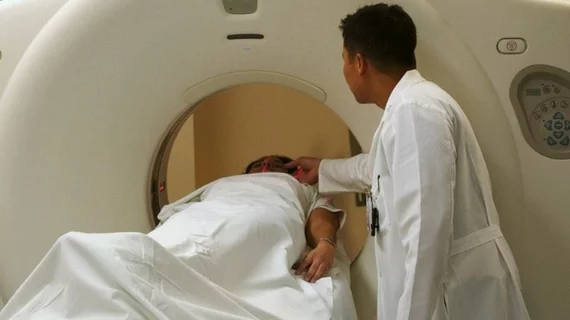FDA clears AI detection software for diagnosing brain bleeds
The FDA has given 510(k) clearance to software that uses AI to detect the presence of brain bleeds in CT images.
The Accipio Ix Intracranial Hemorrhage platform uses AI technology to automatically analyze non-contrast head CT images, and can do so without impacting a physician’s workflow, altering the original series or storing protected health information. MaxQ AI, a clinical diagnostics intelligence platform company based in Tel Aviv, Israel, said in a prepared statement the software should help physicians prioritize patients who show signs of a brain bleed.
“We are very pleased to receive FDA 510(k) clearance for Accipio Ix, which we believe will be a transformative solution for medicine,” MaxQ AI Chairman and Chief Executive Officer Gene Saragnese said in a statement. “MaxQ’s Accipio application, of which Accipio Ix is the first part of the ecosystem, provides physicians with actionable intelligence, improving their future ability to make a timely, accurate and more confident diagnosis of a brain bleed.”
The FDA approval means the AI software can now be sold commercially within the United States. The software will be on display during the Radiological Society of North America (RSNA) 2018 Annual Meeting. The meeting will be held from Nov. 25-29 in Chicago.

